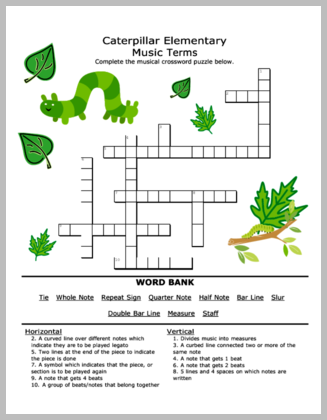Motivate Your Child to Practice
Playing the Piano is Fun; Help Make Practicing Fun Too!
Appropriate goals and positive reinforcement will make practicing fun and rewarding. Very few children are self-motivated in their practice. Most need incentives and reminders to keep them focused and moving forward. As parents you are in the best position to help motivate your child to practice.
Setting Goals
Short-term goals are great motivators. They create enthusiasm and satisfaction. Positive internal rewards combined with external rewards will create a strong motivation to practice.
Be Creative
You know your child better than anyone else. What gets your child excited? Come up with additional ideas to help your child practice with enthusiasm.
Mix it Up
Mix up various practice ideas and motivators in order to create interest. Only apply the various ideas as time and circumstances permit.
Please look below for ideas to Motivate Your Child to Practice
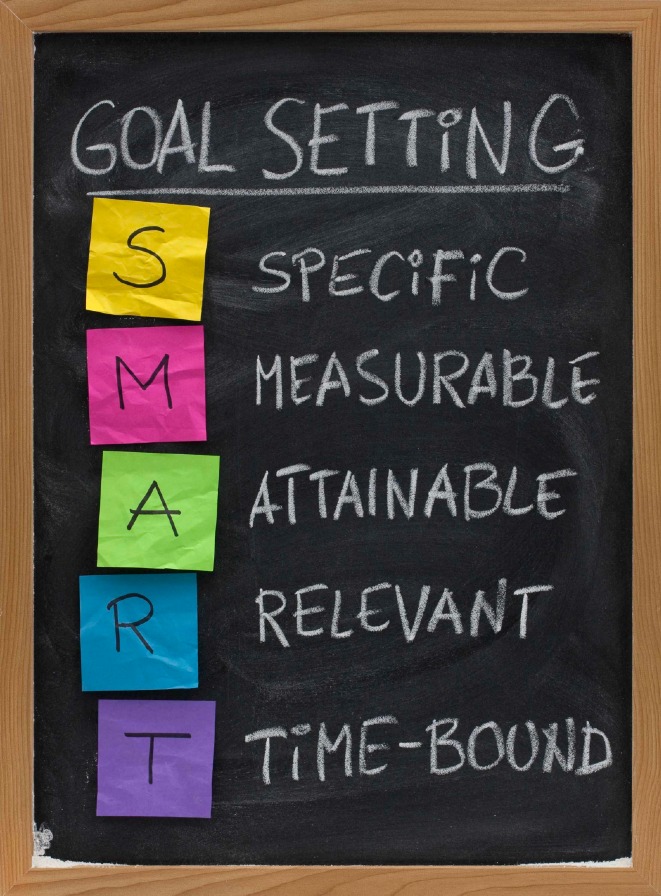
Practice Time
More progress happens with 5 minutes of good concentration than 30 minutes of wiggly, distracted practice!
Set a Timer
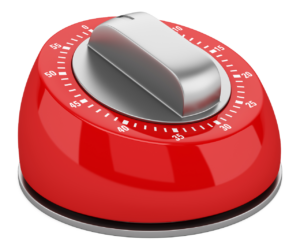
Start with short practice bursts, such as 5 minutes. If your child is antsy when the timer rings then let him/her take a little “break.” Then set the timer again. Repeat until the practice session is done. As your child becomes better at sitting still and concentrating, increase the amount of time you set on the timer.
Suggestions for “break” activities:
- walk around the room
- take a few deep breaths
- do some stretches or jumping jacks
- read a short book
- visit Mom or Dad to say “hi” and get a hug of encouragement, etc.
Mini Practice Sessions

If your child has difficulty concentrating for long periods of time, try breaking practice time into several short sessions. For example, a student who needs 30 minutes of practice a day could do 10 minutes before school, 10 minutes after school and snack, and another 10 minutes just before bed. Any variation of length and time of day can be used to create a schedule which best suits your child’s needs.
Making Practice Time Quality Time
Please look through the ideas below for ways to make practice time more enjoyable for your child.
Give Attention
Make practice time special

1. Children love to receive attention! Show your support by listening to your child practice. Make it fun by pretending to be an audience member. When he/she finishes a piece give lots of praise and applause for a job well done. Or, offer encouraging support when more work is needed.
2. Sometimes all that is needed is your presence. Try sitting in the same room where your child is practicing, and work on a project or read a book. Show your child that you care by making it a family effort.
Play Games
Games can make practicing fun
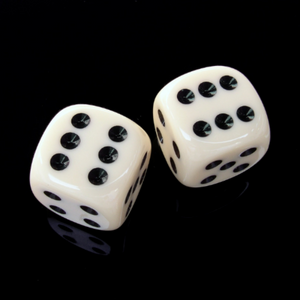
There are many fun and easy games you can play with your child to help him/her learn piano concepts.
Playing games will engage your child’s interest, give him/her special one-on-one time with you, and provide an opportunity for learning.
No musical experience required!
Click here for a list of music GAMES.
Track Progress
Visual reminders will help keep practicing on track

Help your child set appropriate practice goals, and keep track of his/her progress. Visual reminders will help keep your child on target.
Create a practice chart, and keep it where your child can see it often. Make it fun by letting him/her help decorate it. When goals are reached reward them with a sticker to place on the chart.
Rewards
Rewards are an important part of creating interest and motivation to practice.
Reward Ideas


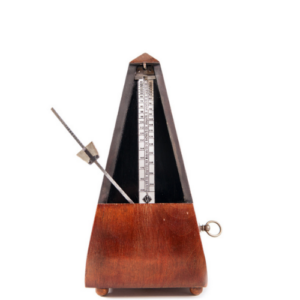


Rewards are fun things your child can earn after he/she has accomplished a goal; they are NOT bribes. Small goals should receive small rewards, and long challenging goals should recieve larger rewards.
Some reward ideas include:
- Stickers
- Treats
- Earn TV or video game credits
- Trips, such as Disneyland, Chuck-E-Cheese, etc.
- Money for piggy bank
- Extra one-on-one time with Mom or Dad
- Meal at a favorite restaurant
- Short-time exemption from household chores
- Presents, such as books, toys, or music, etc.
It is also great to reward musical goals with musical gifts, such as:
- Sheet music
- Metronome
- Flashcards
- Musical games
- Music-themed gifts. For example:
- Piano statue
- Composer busts
- Music pencils
- Music stickers
- Music notebooks
Etc.
